Identity and Culture in Literature
Identity acquired greater relevance and respect on account of post-colonial concerns. While the ‘self’ and ‘other’ looked unshakable, ‘centre’ and ‘periphery’ are not deemed constant. While every society has its own way of marking and marginalising individuals or groups, in most of the instances it is based on one’s birth, colour, gender, economic background apart from academic accomplishments. Identity and culture are inalienable. Culture is not an independent variable. Historical factors, political developments, geographical and climatic conditions along with economic policies followed do contribute to a larger extent in fixing the contours of a country’s culture. Institutional modifications also sway the stability of national culture. Cultural transmission takes place in diverse ways. It is not unidirectional and unilateral. Through the participation of large number of people it manifests in dialogue, discussion and conversation. From hierarchical patterns and hegemony of vested elements, norms of ‘high’ and ‘low’ are formed and followed. The same is extended to literary works too. Mobility is the motivating factor in understanding cultures. Tolerance, patience, ability to understand rather than judge, living in one’s own space without transgressing into the arena of others do foster feelings of fraternity and friendship. This book carries 28 research papers in addition to an interview with an academic who is also a reputed poet. It is fervently hoped that this book will be patronised by lovers of literature, identity and cultural studies.
Get it now and save 10%
BECOME A MEMBER

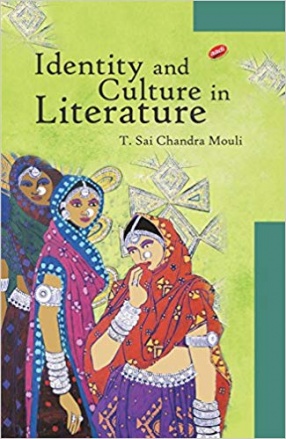
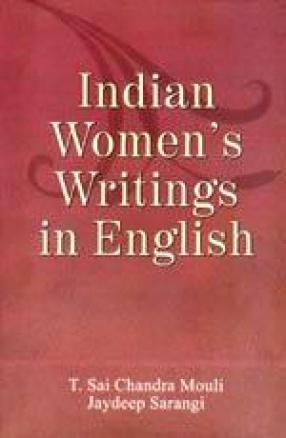
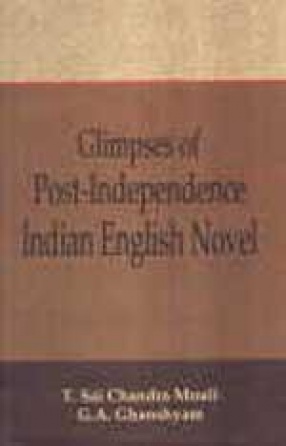
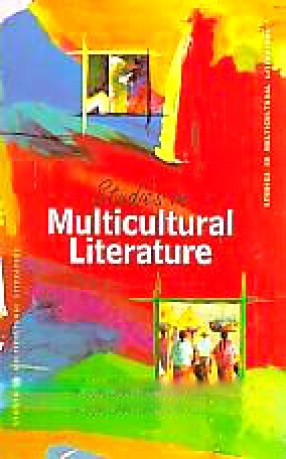
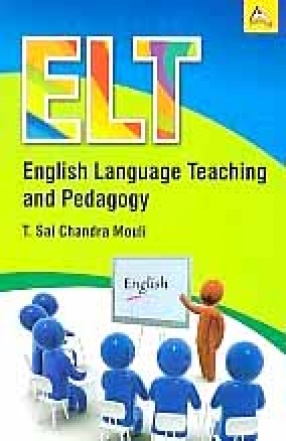
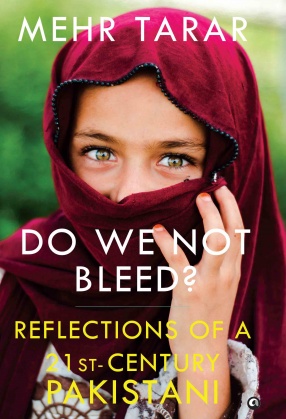

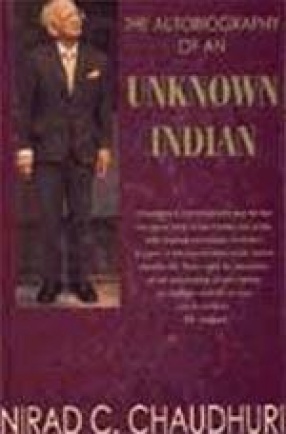
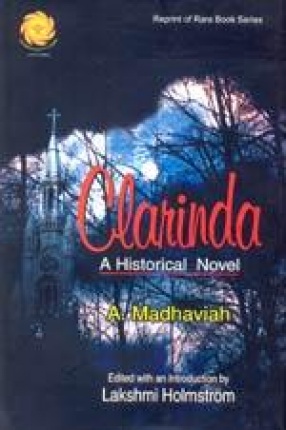

Bibliographic information